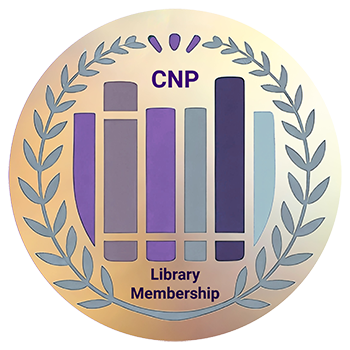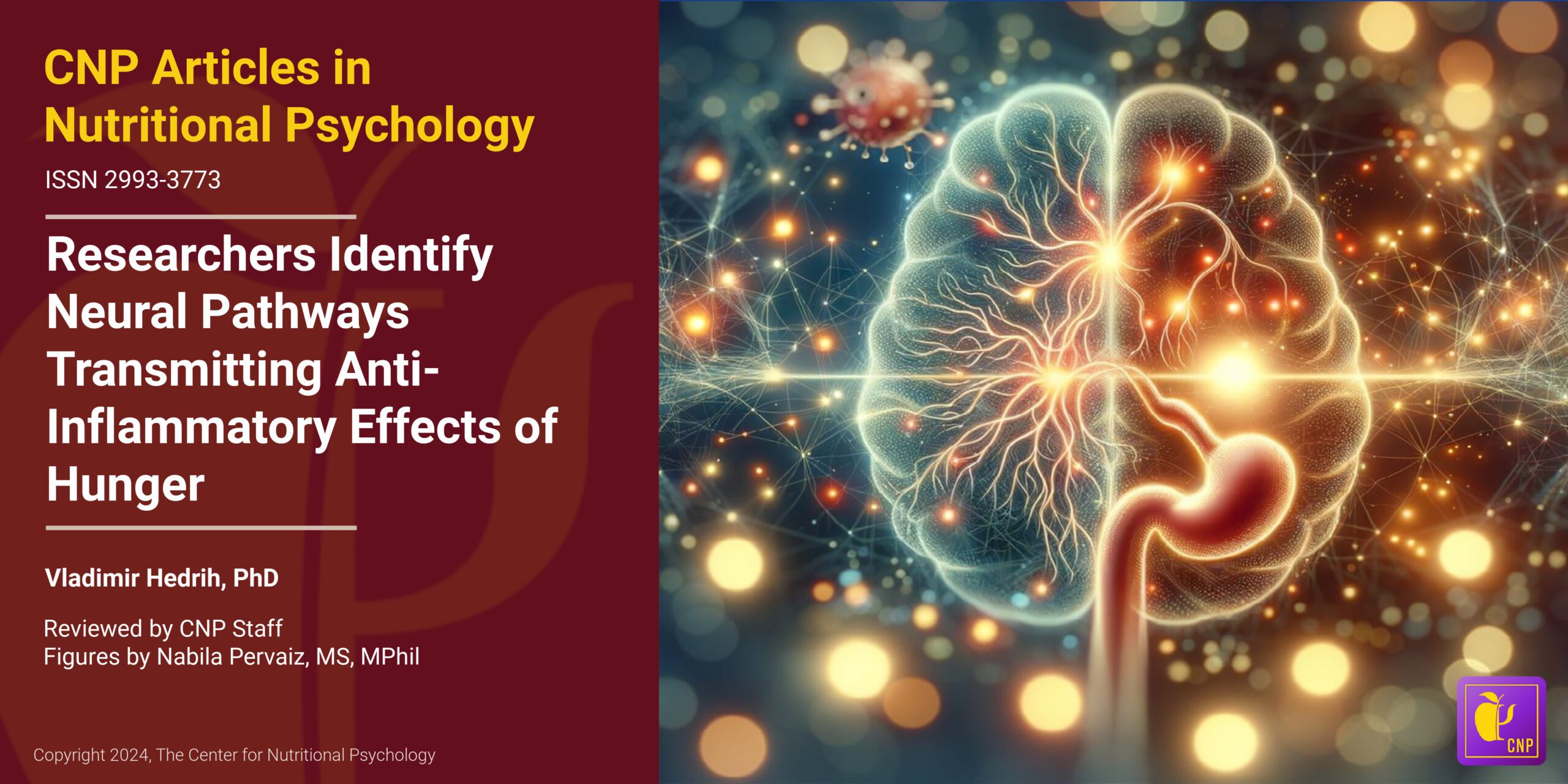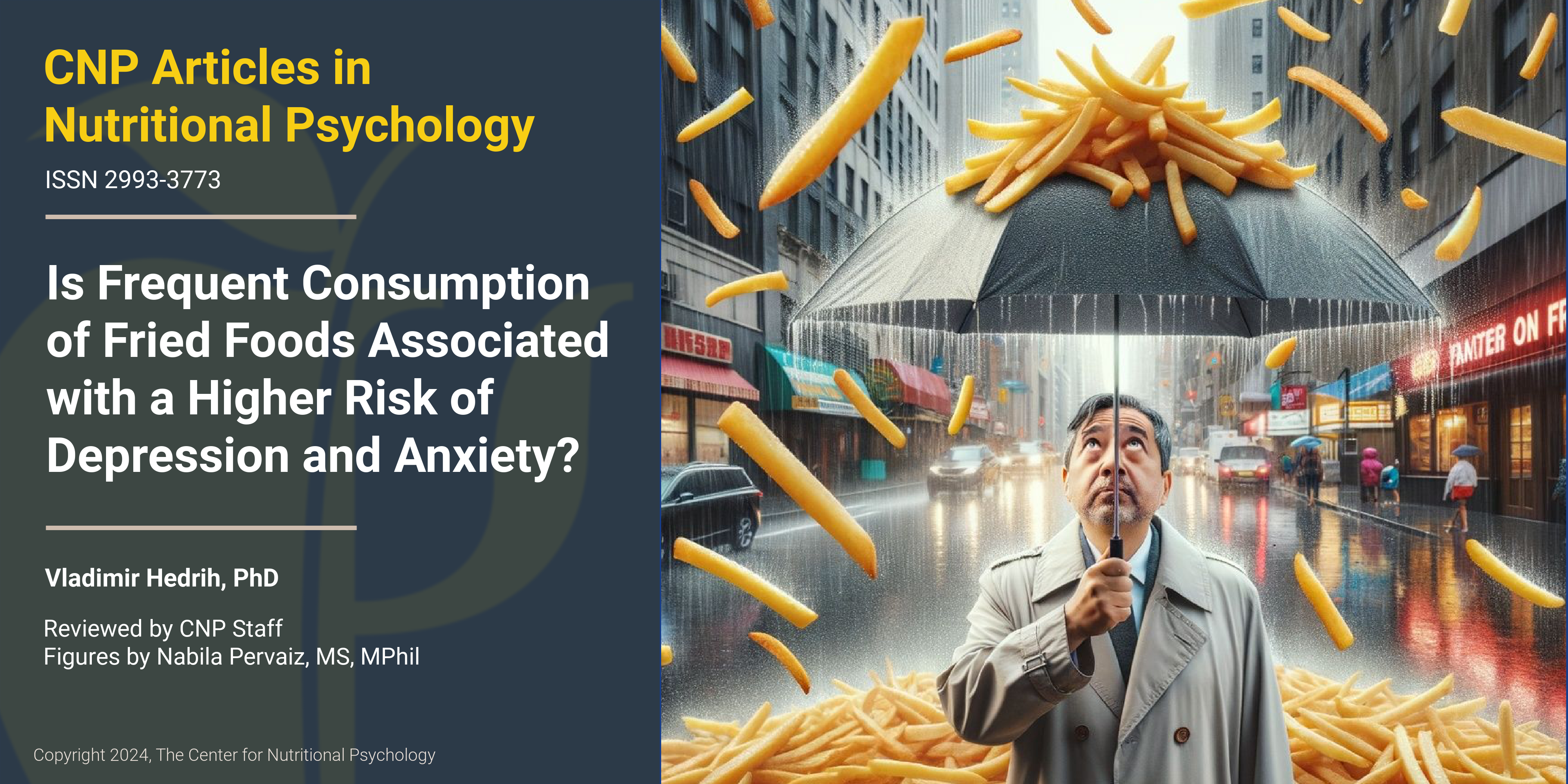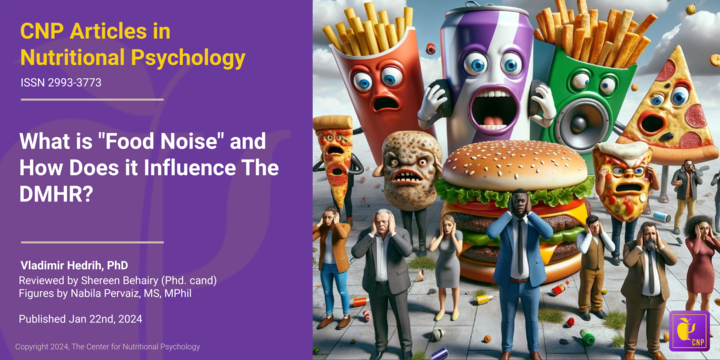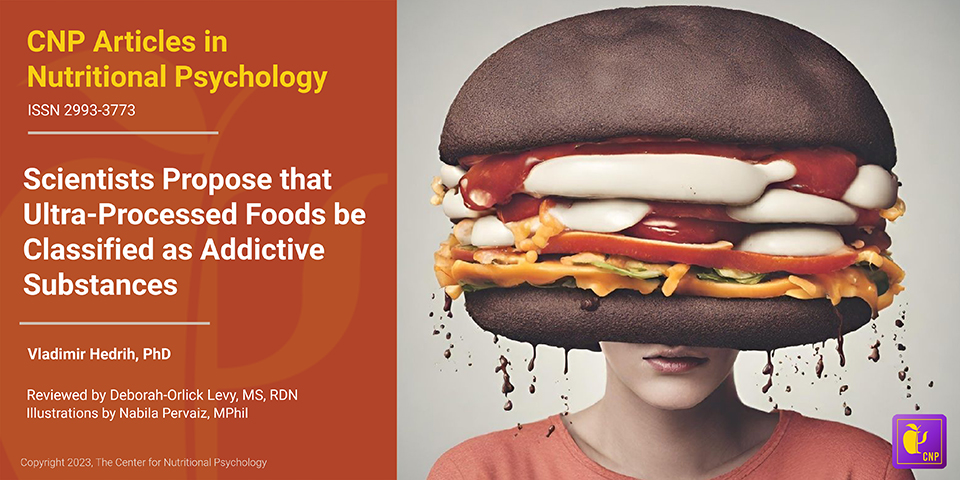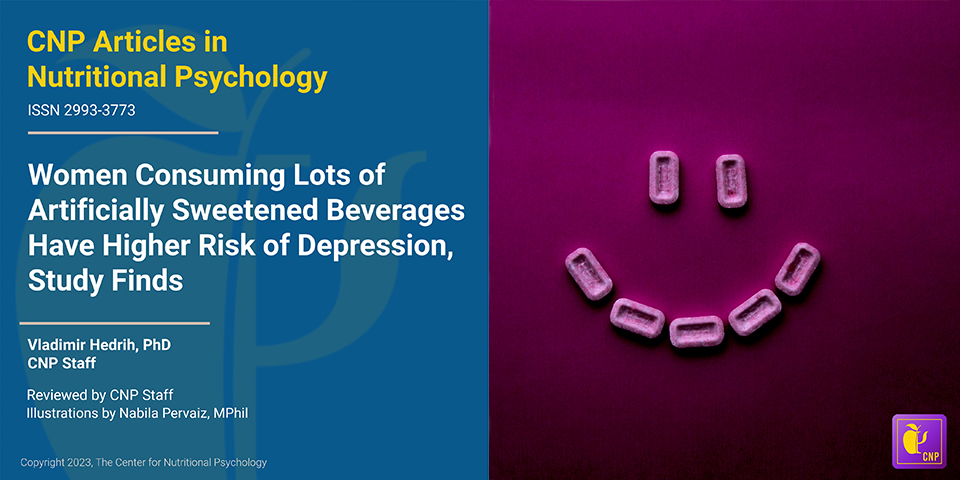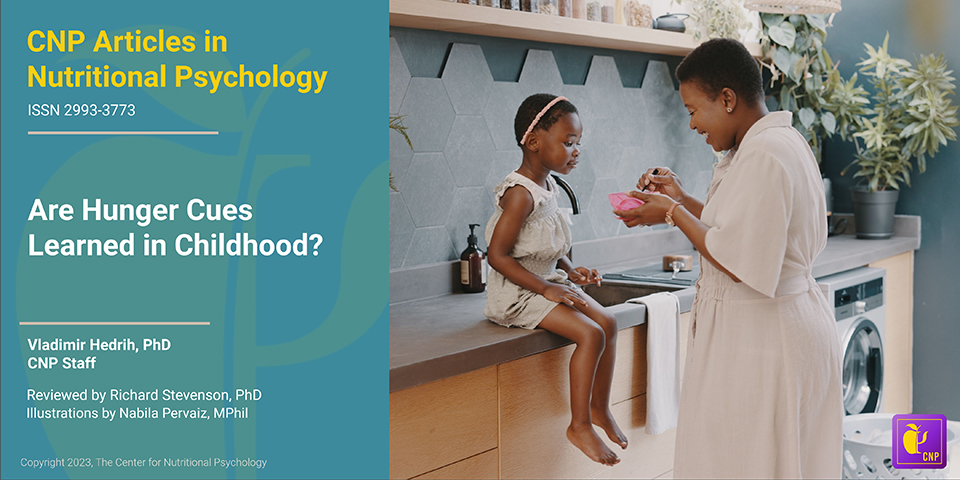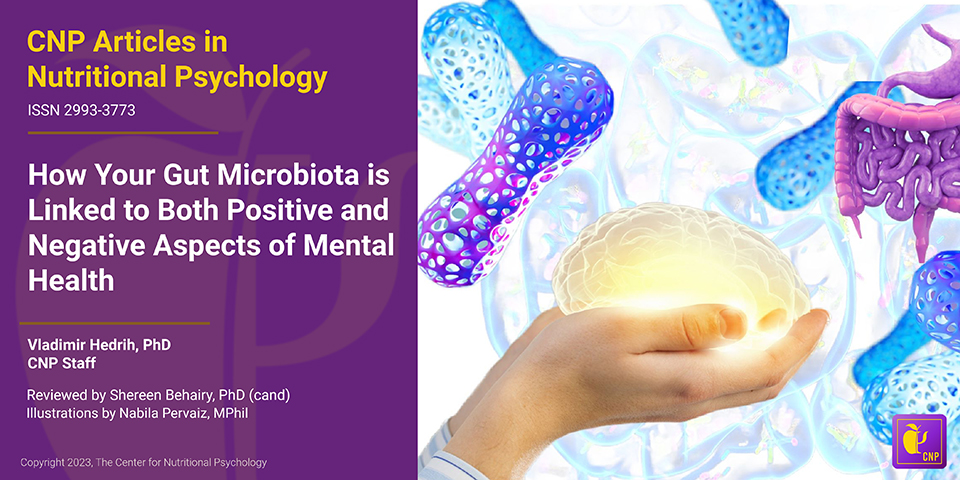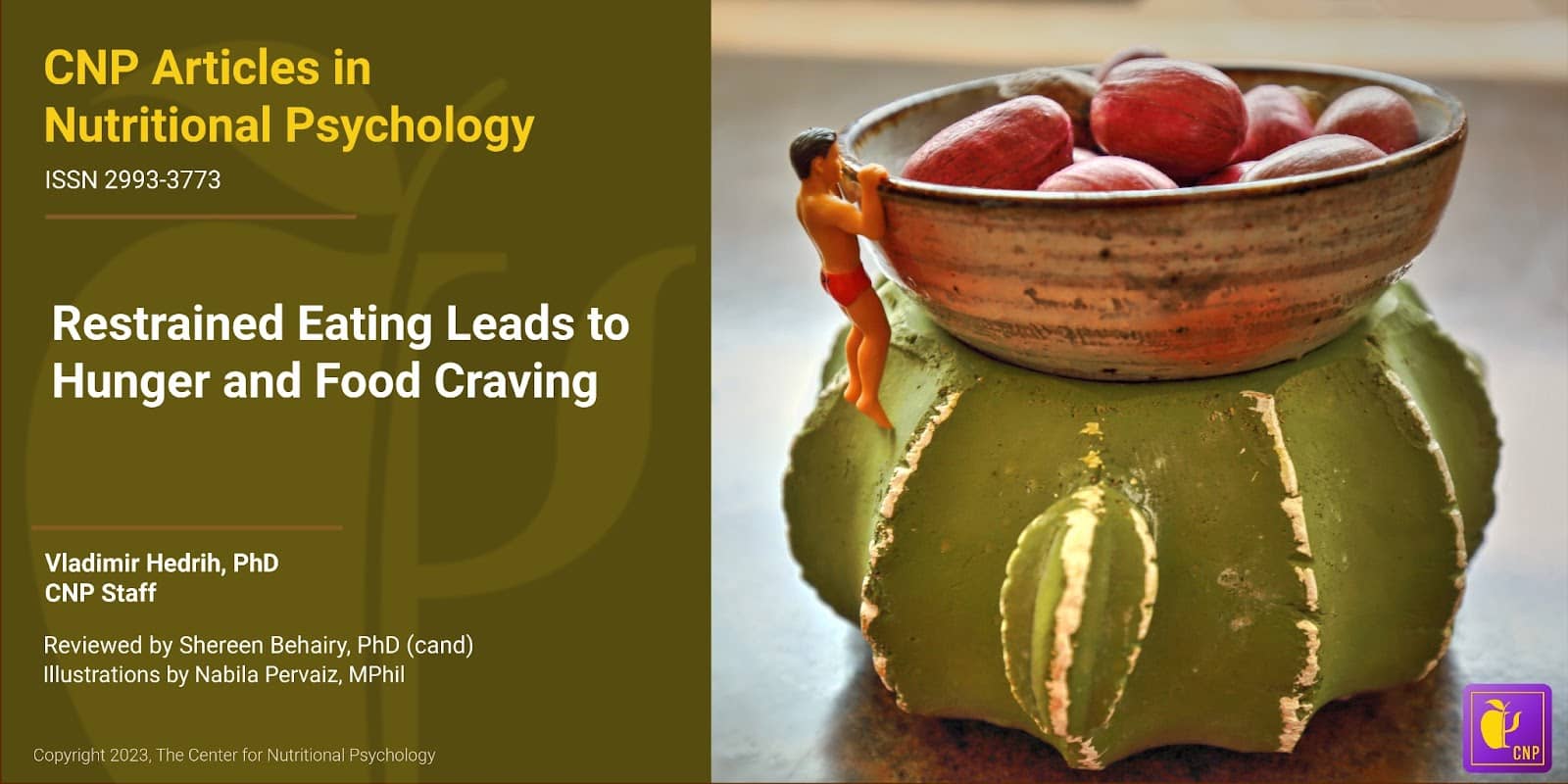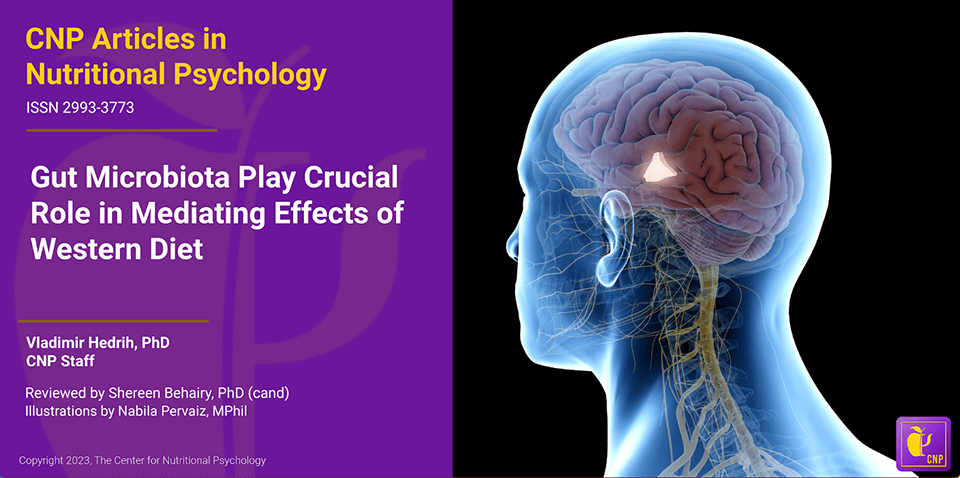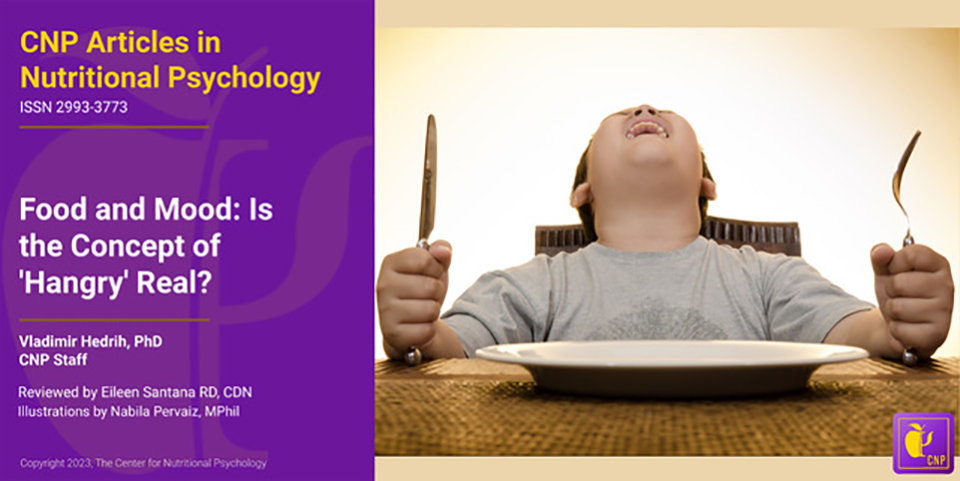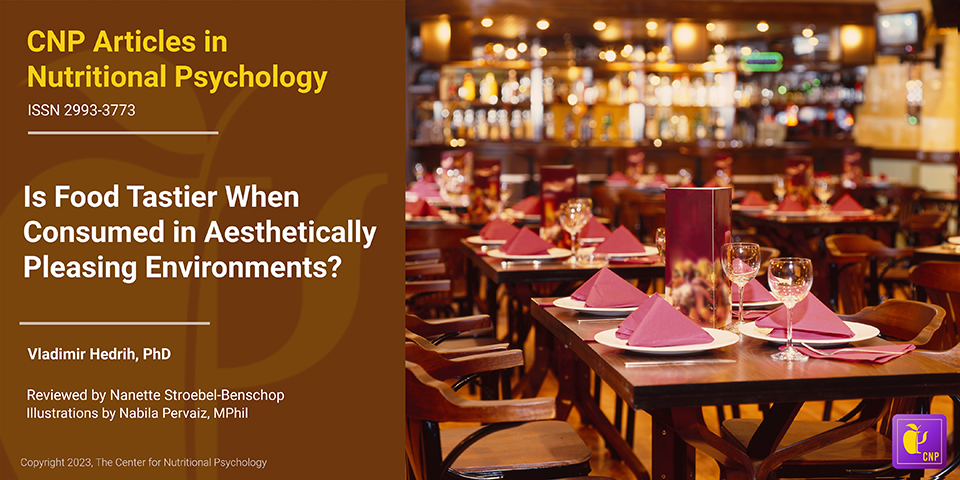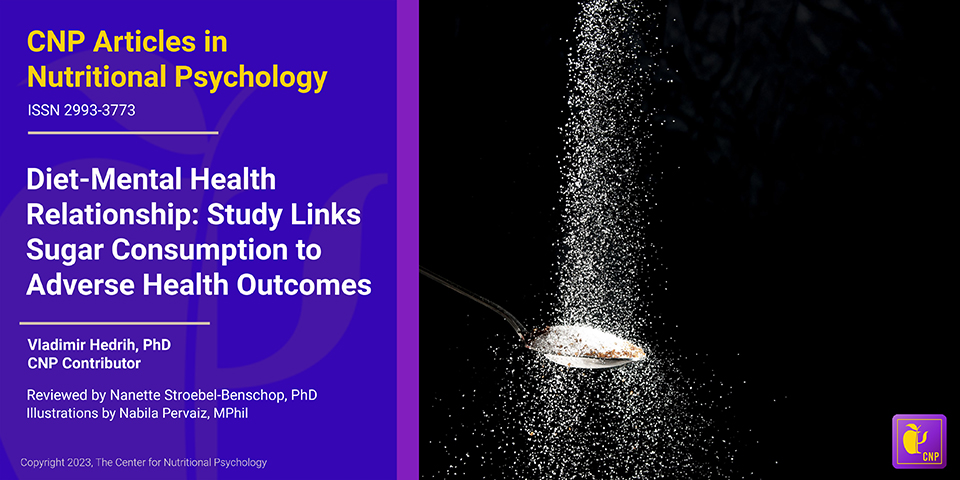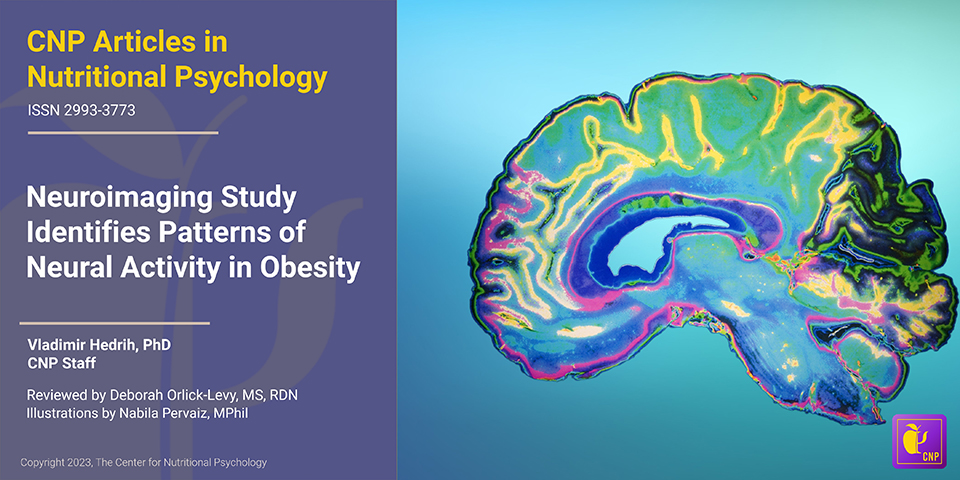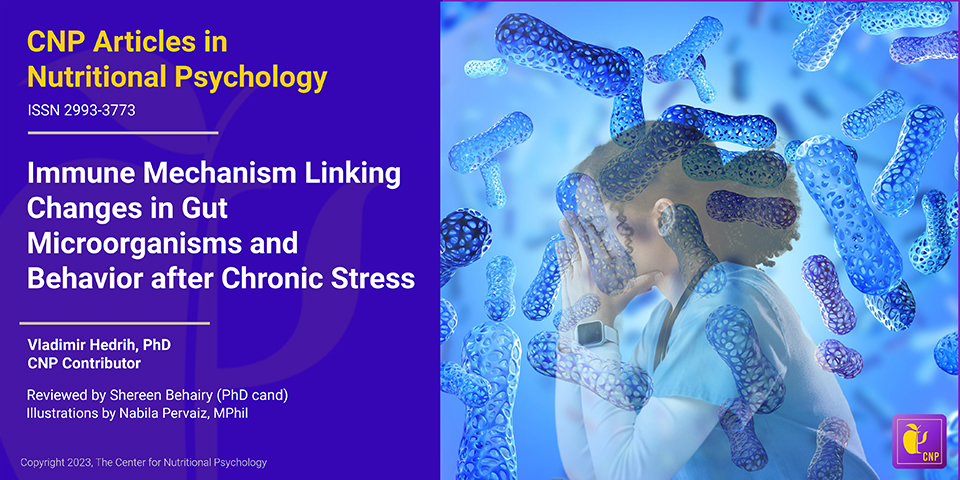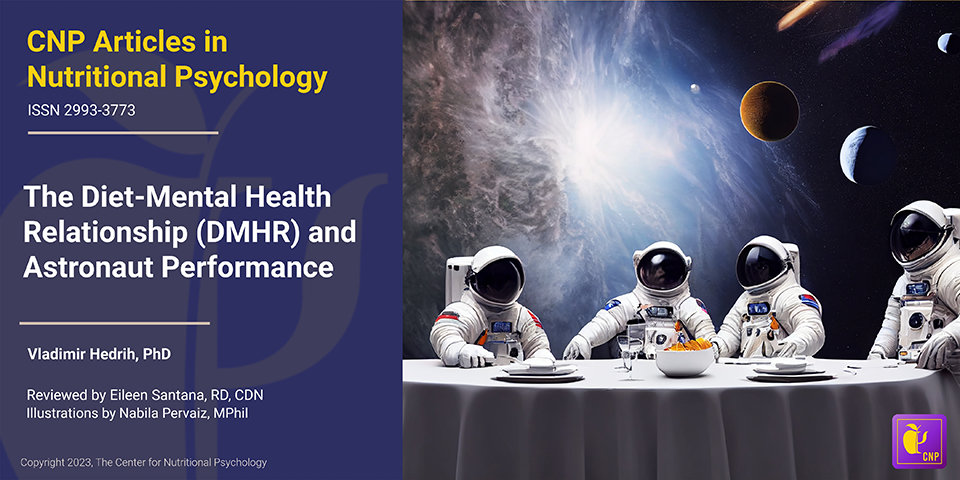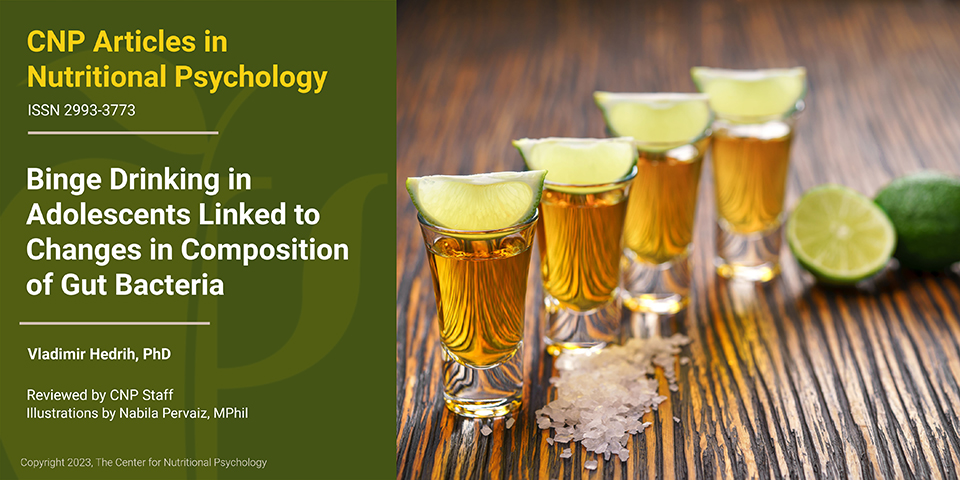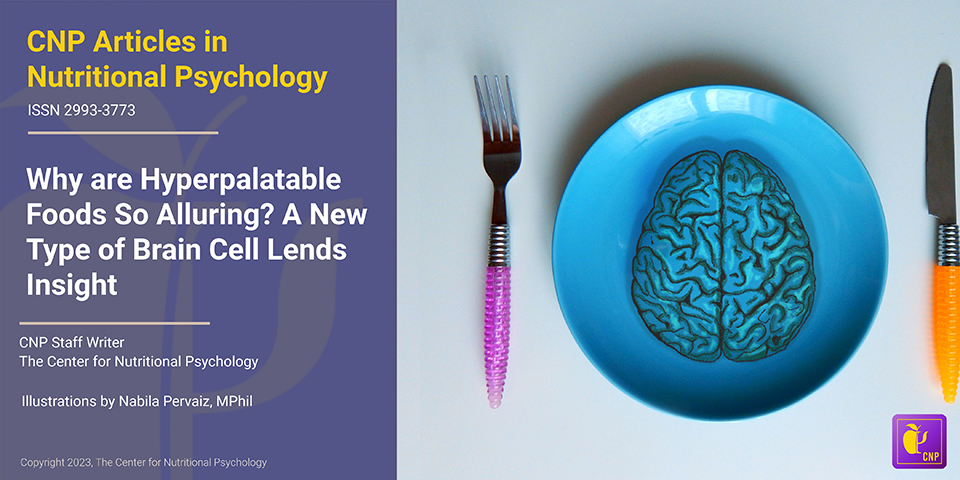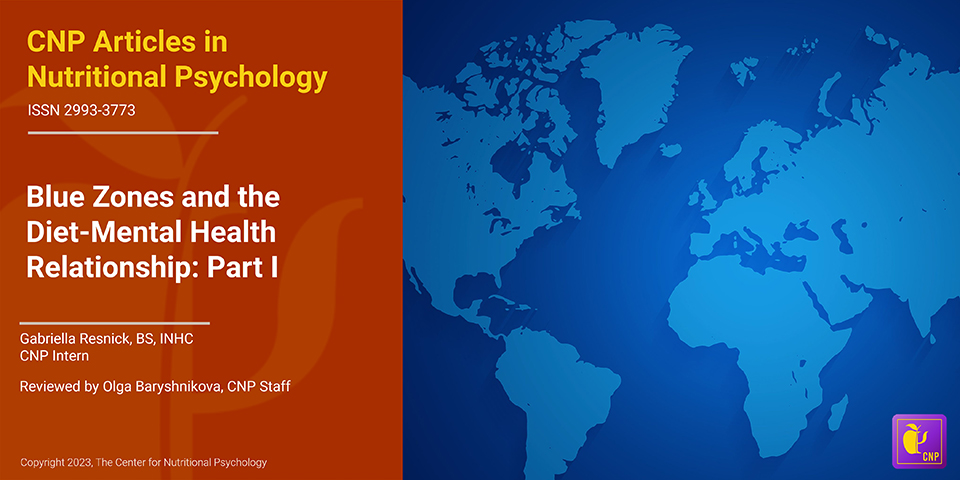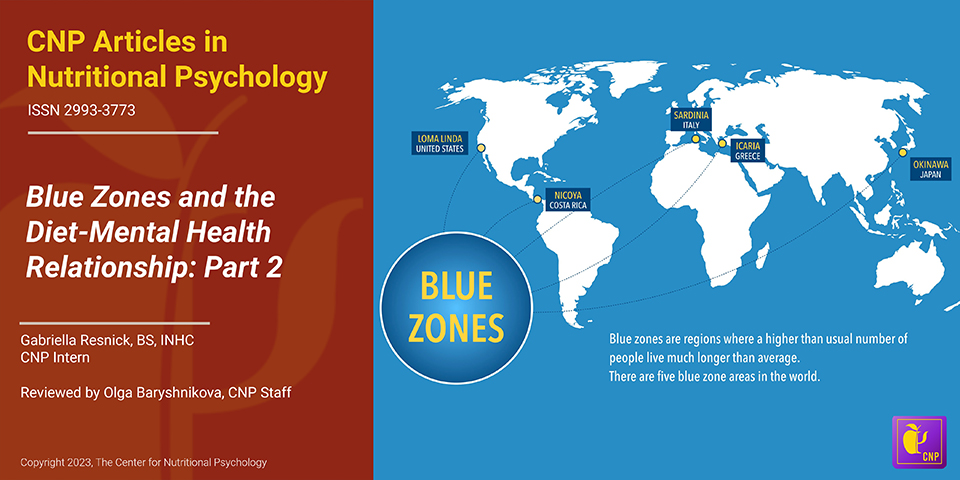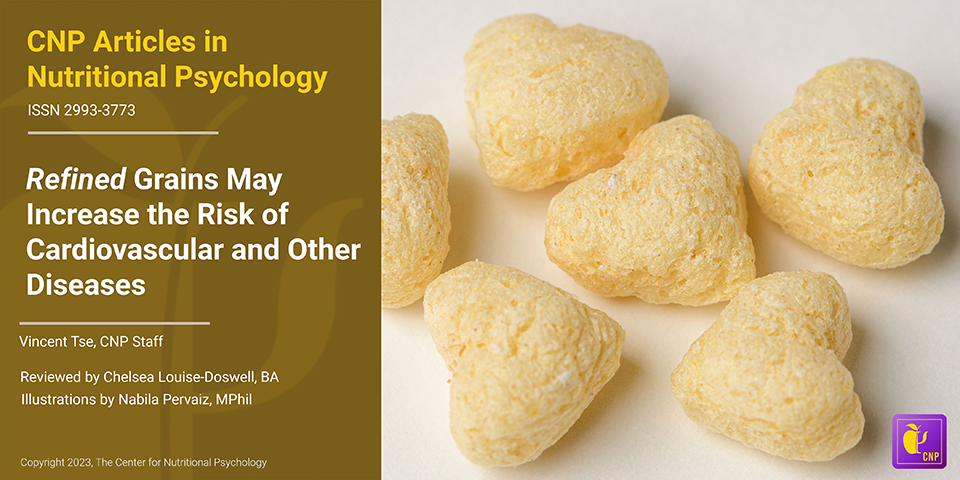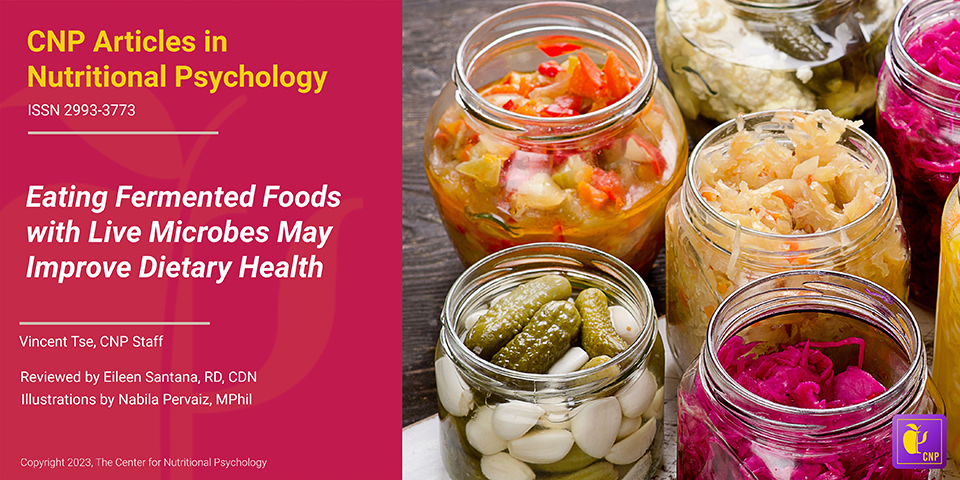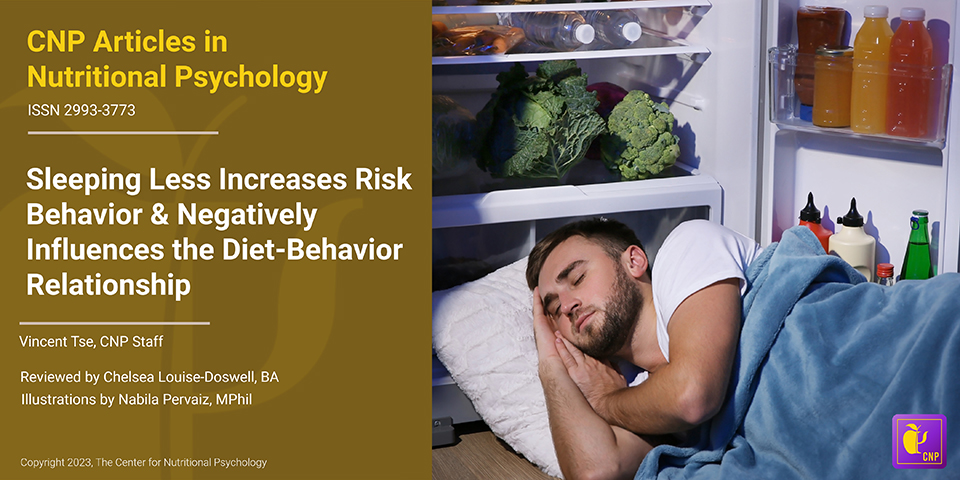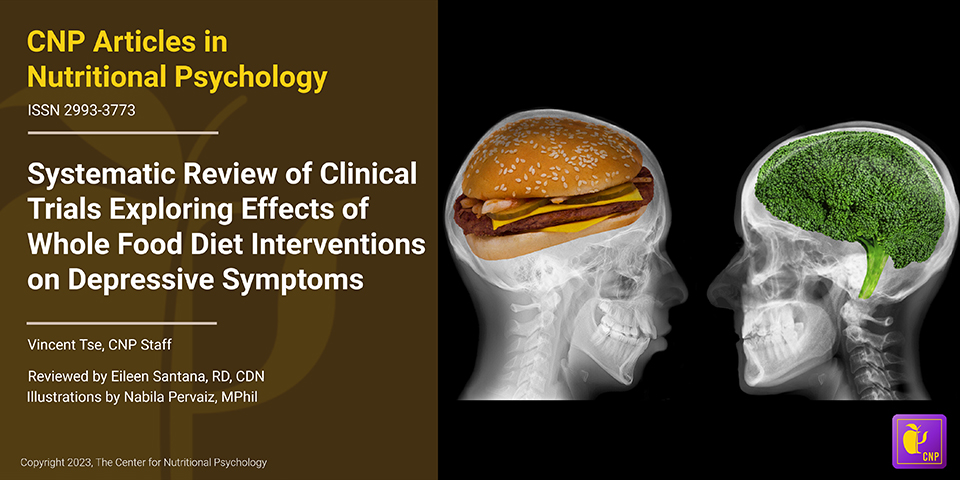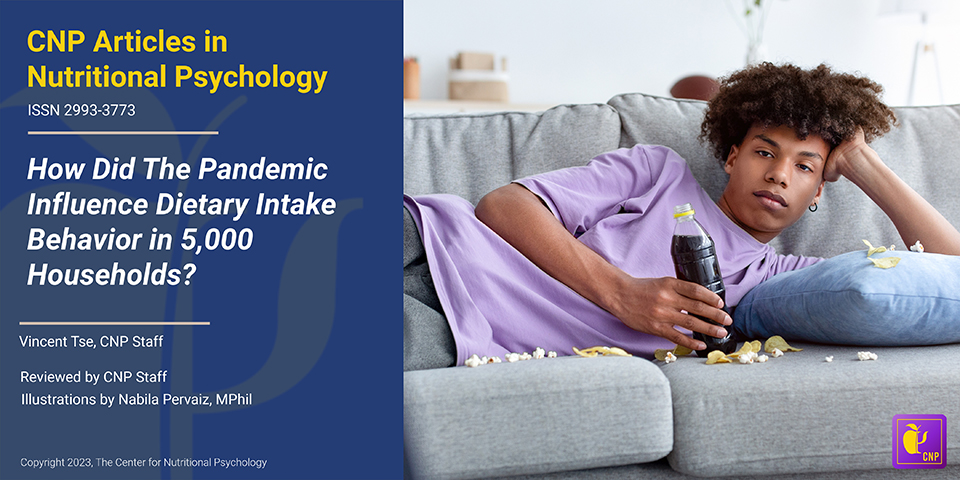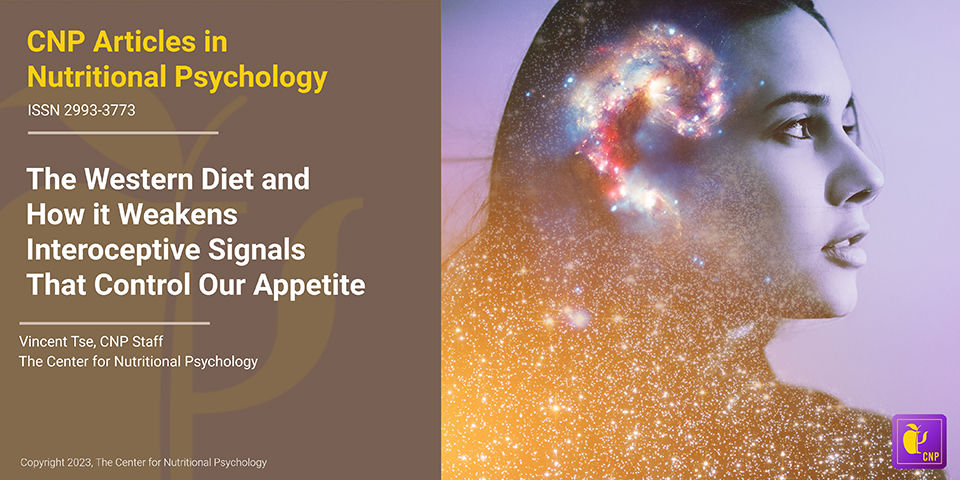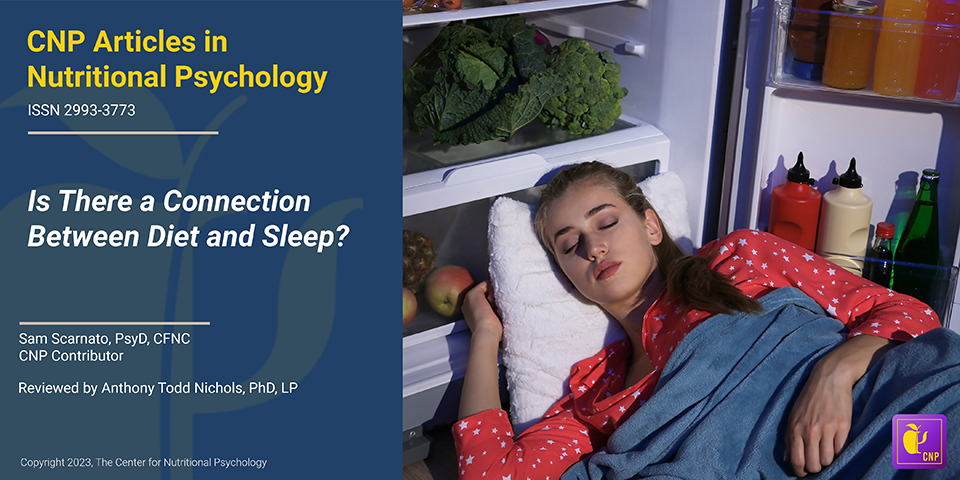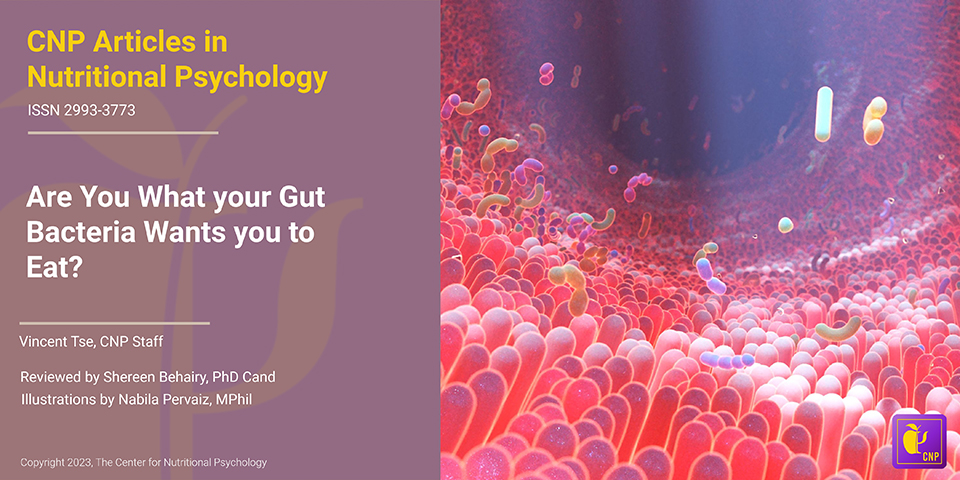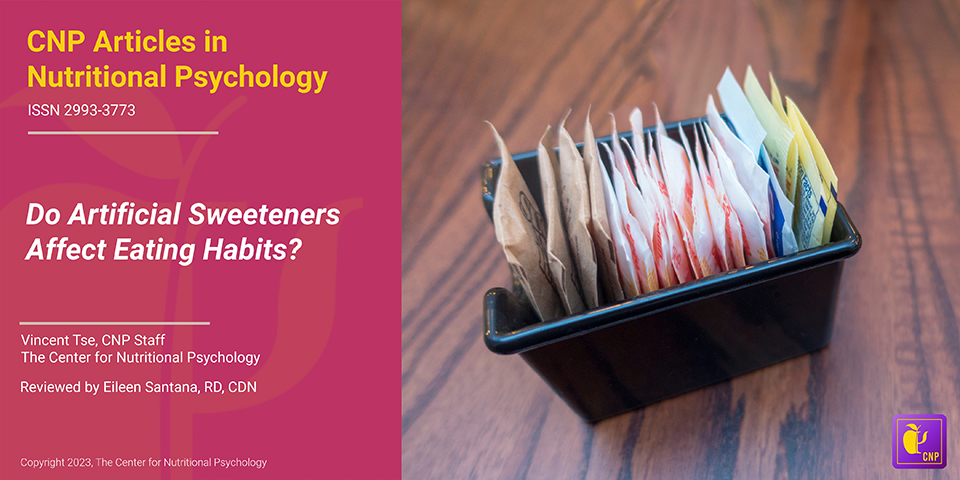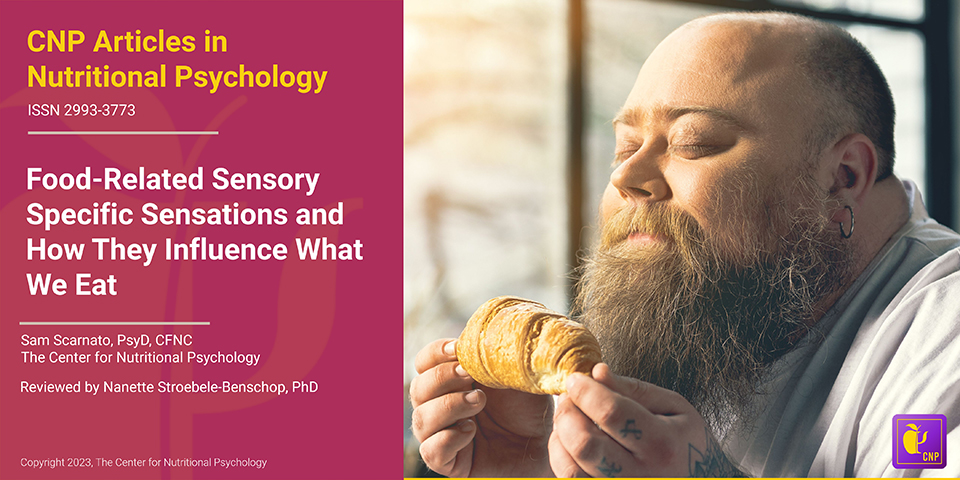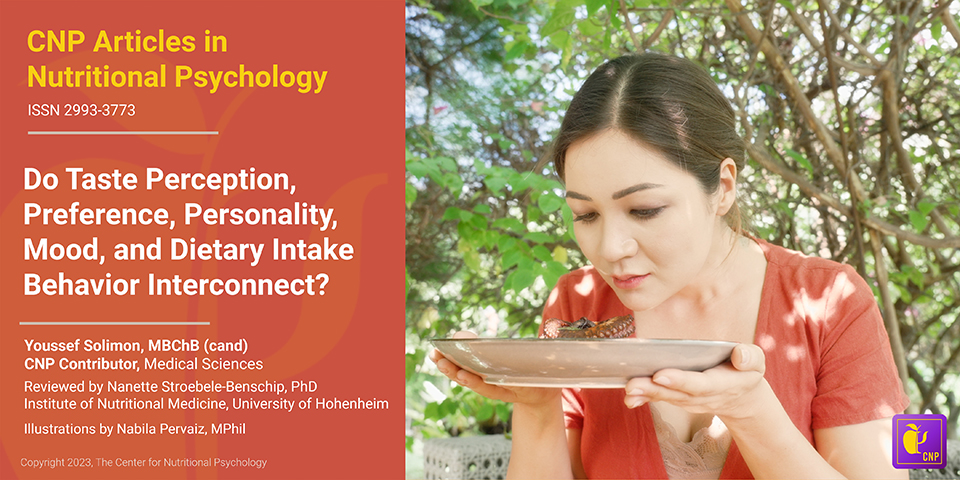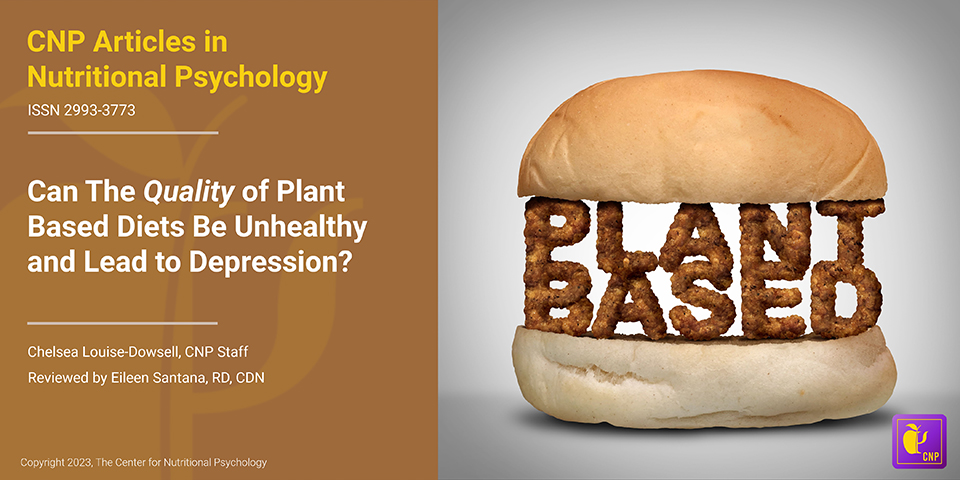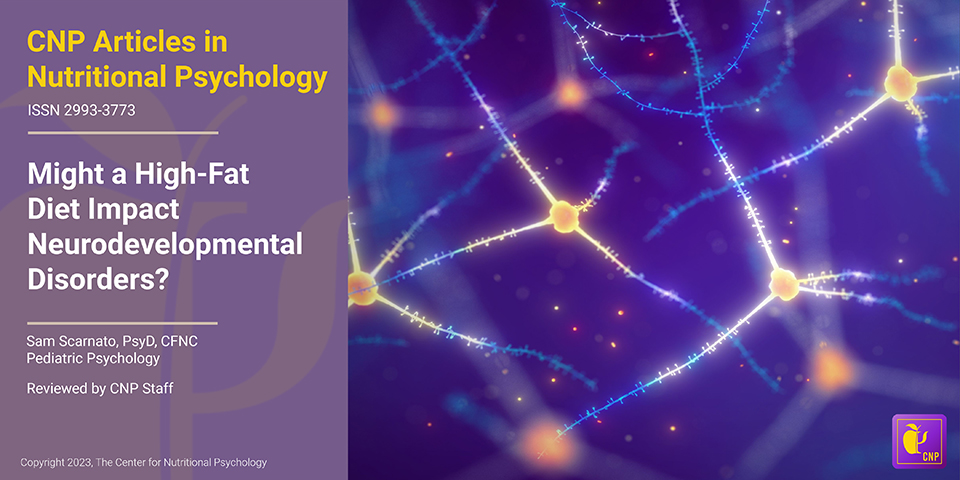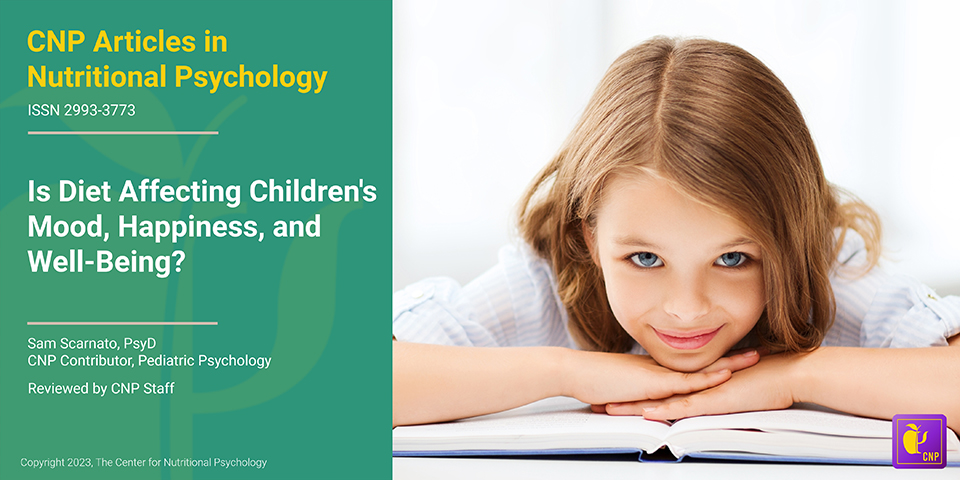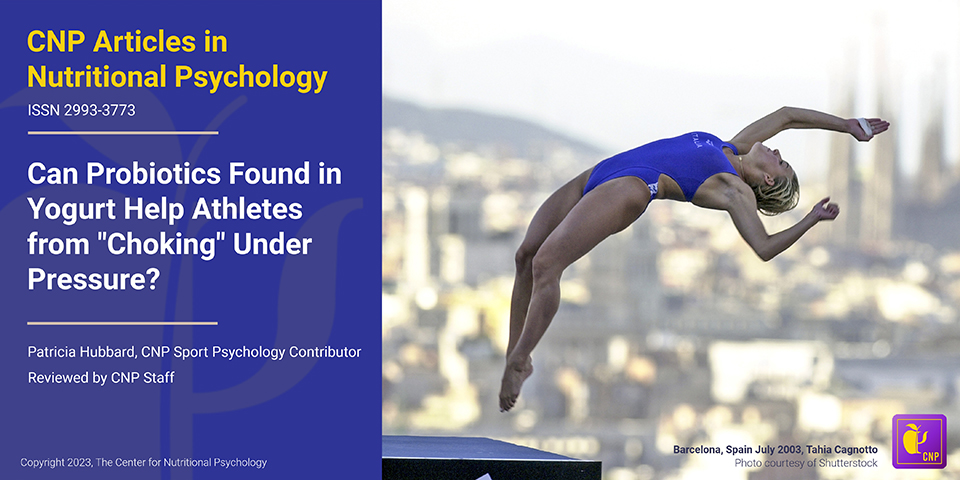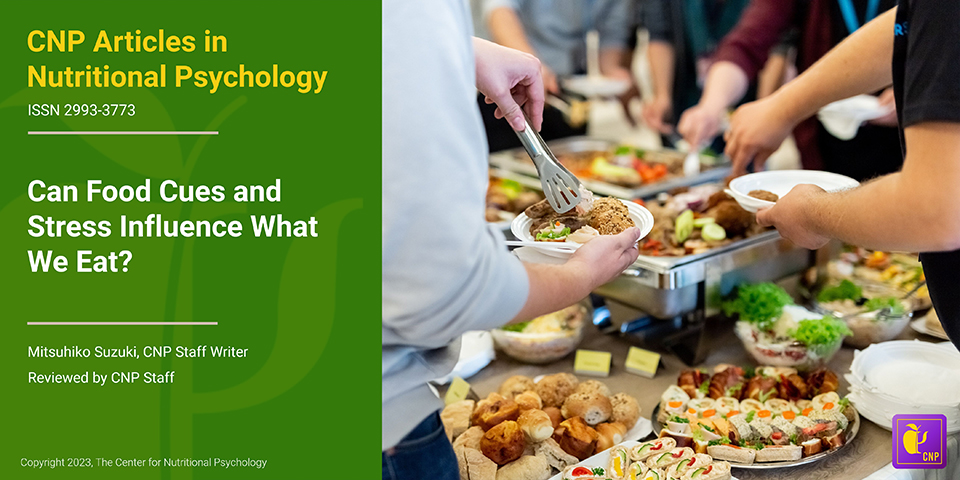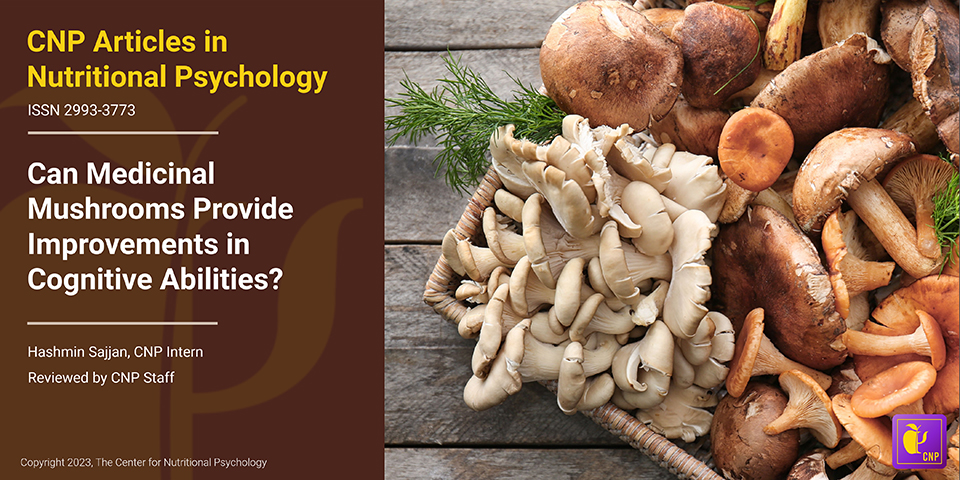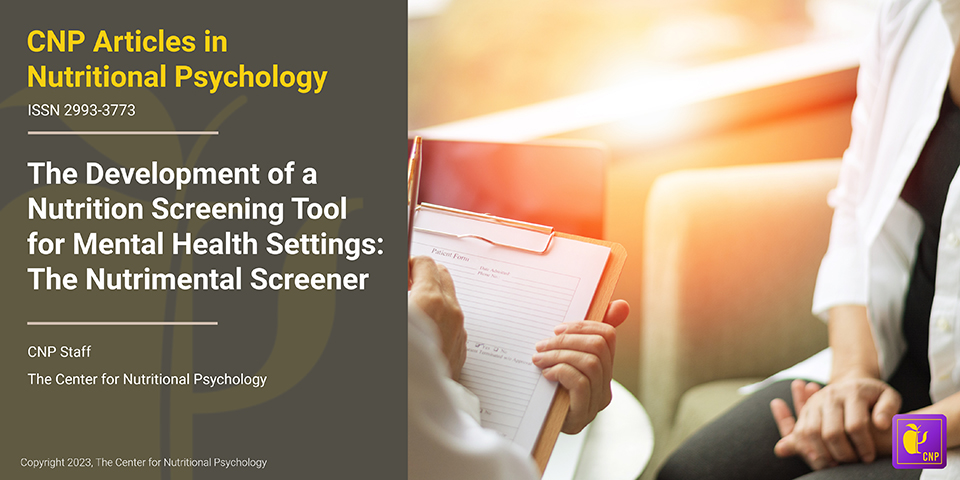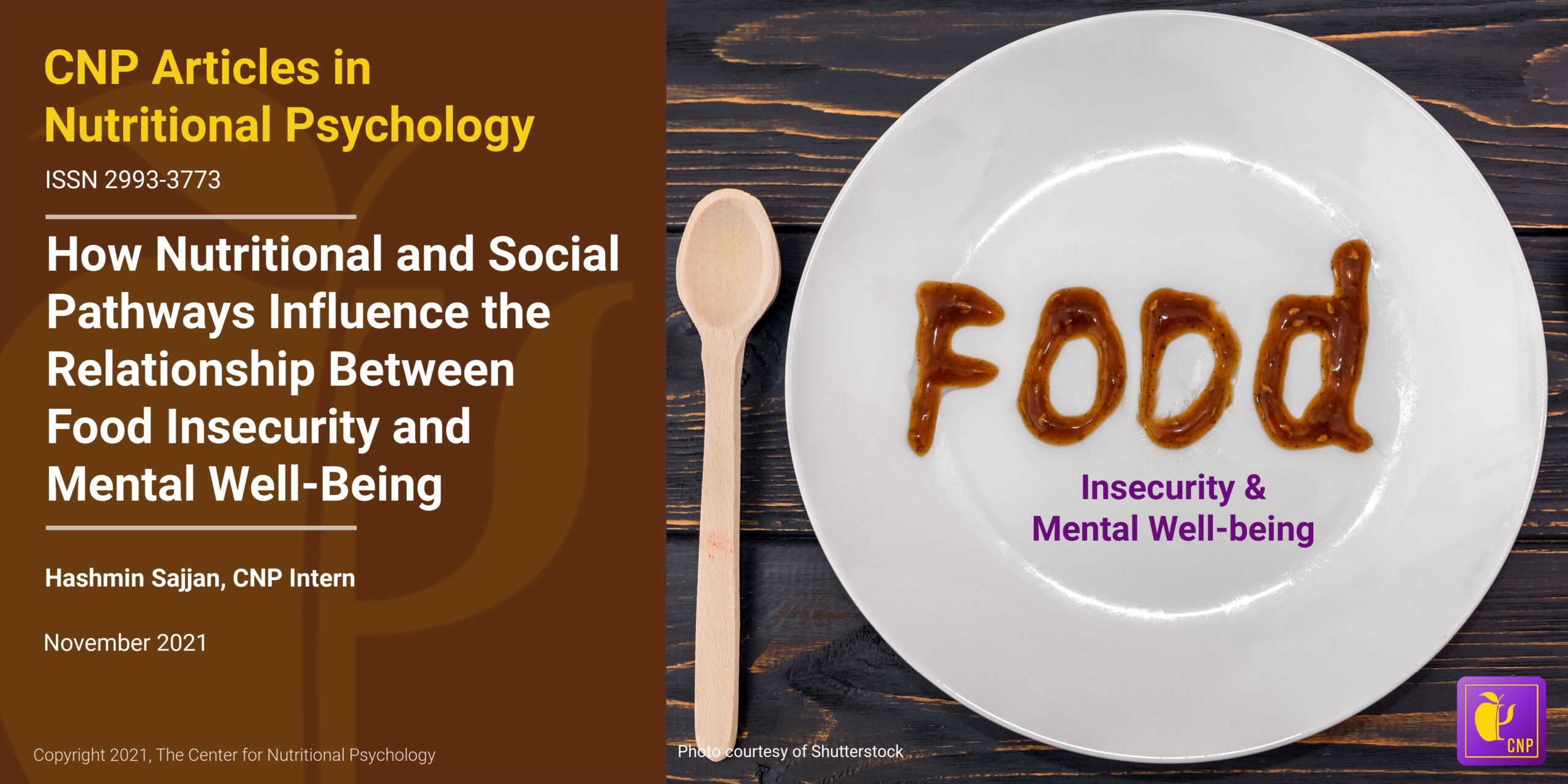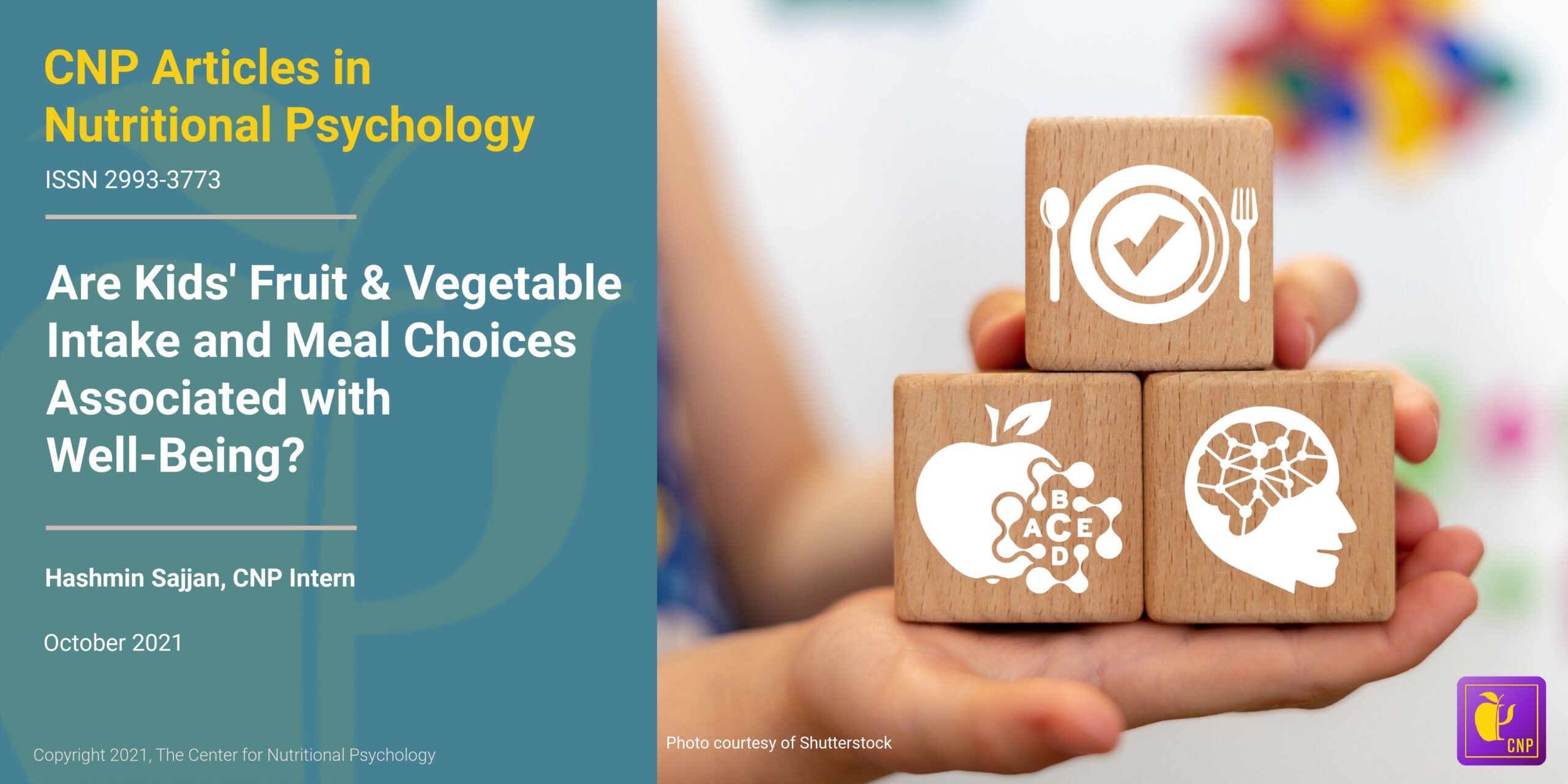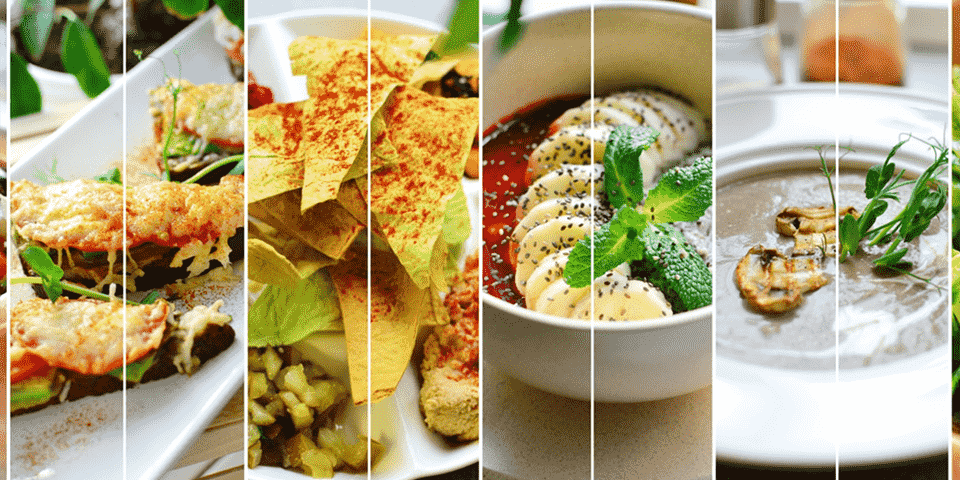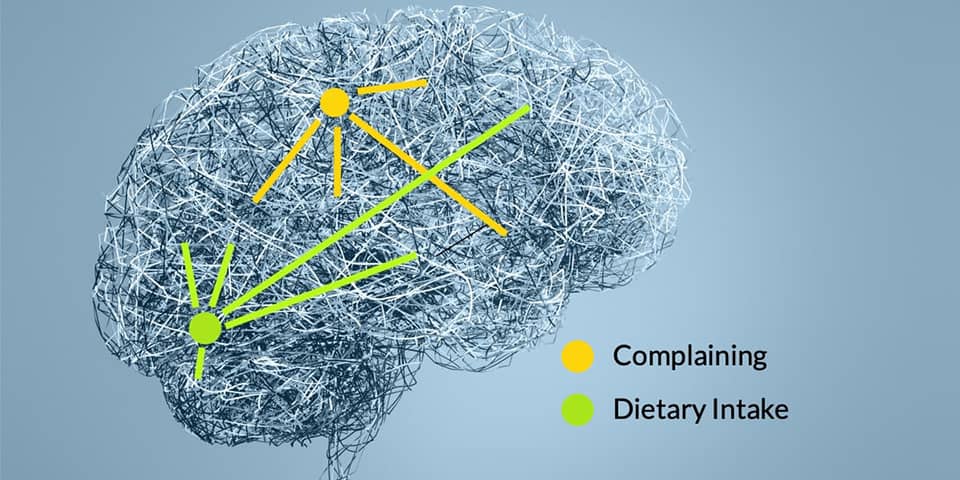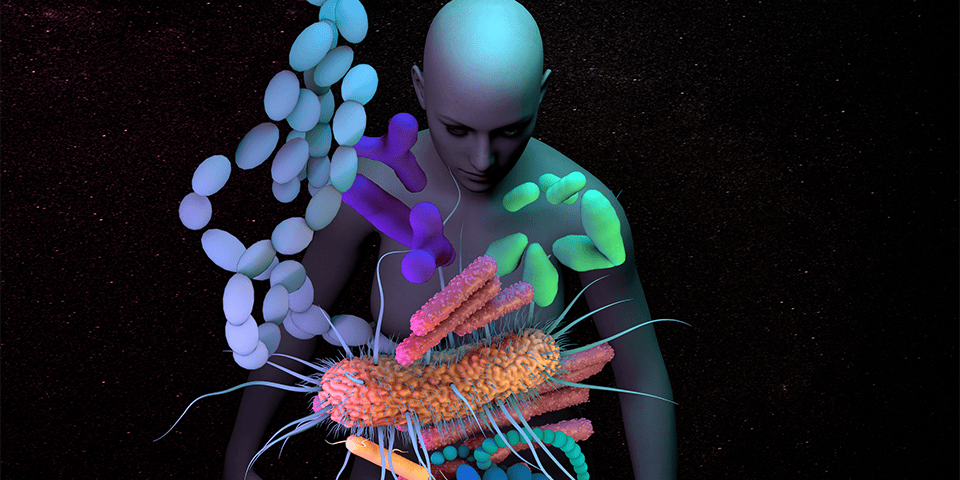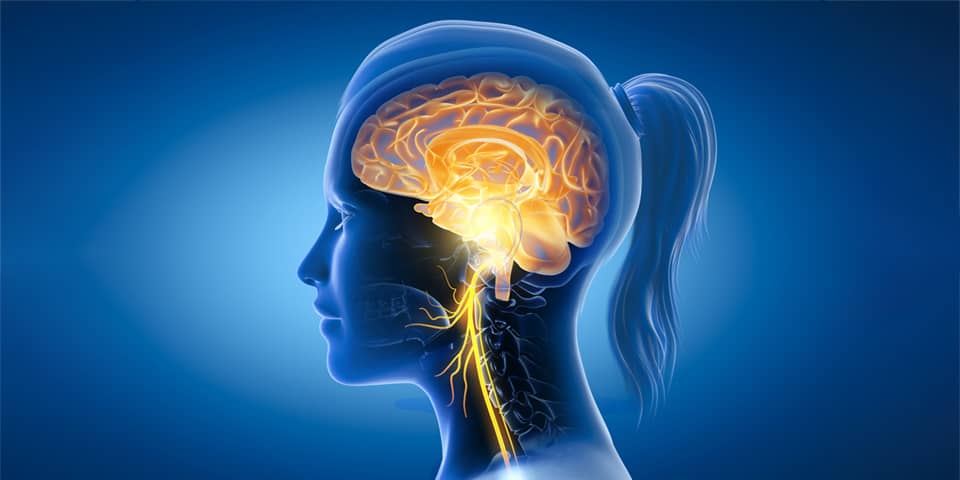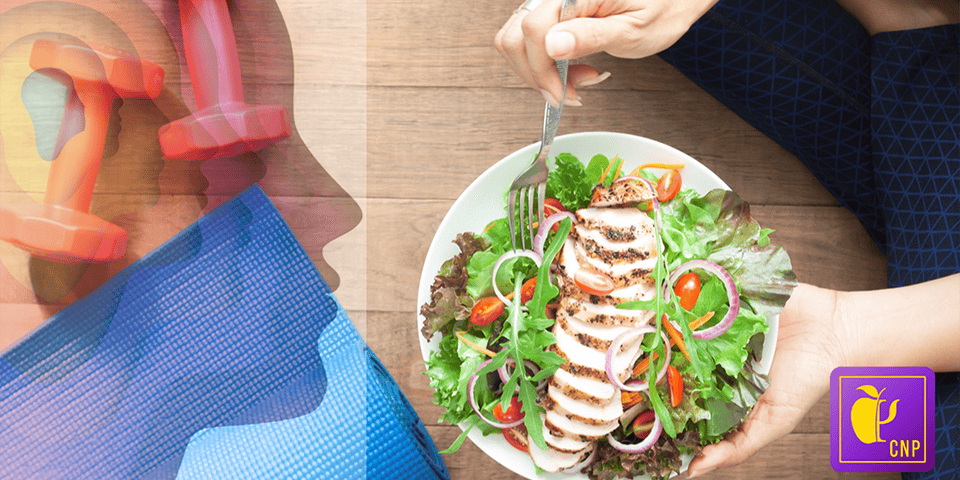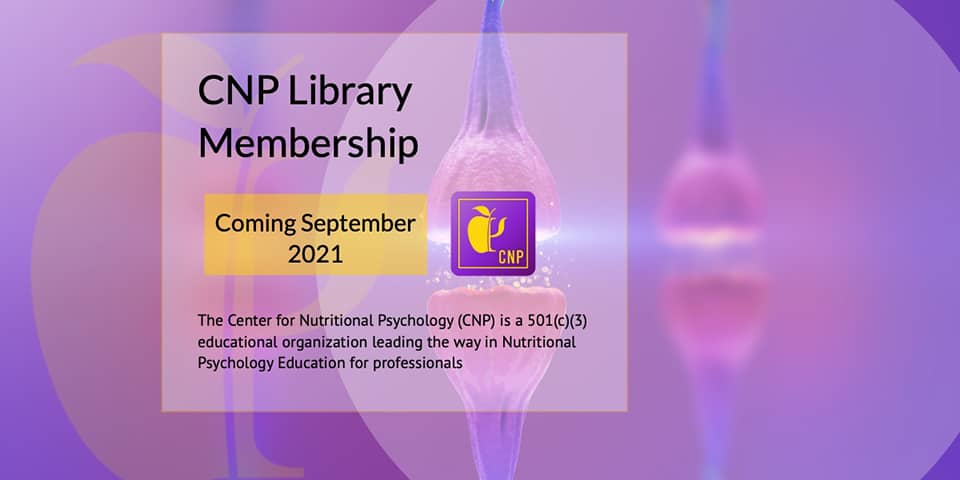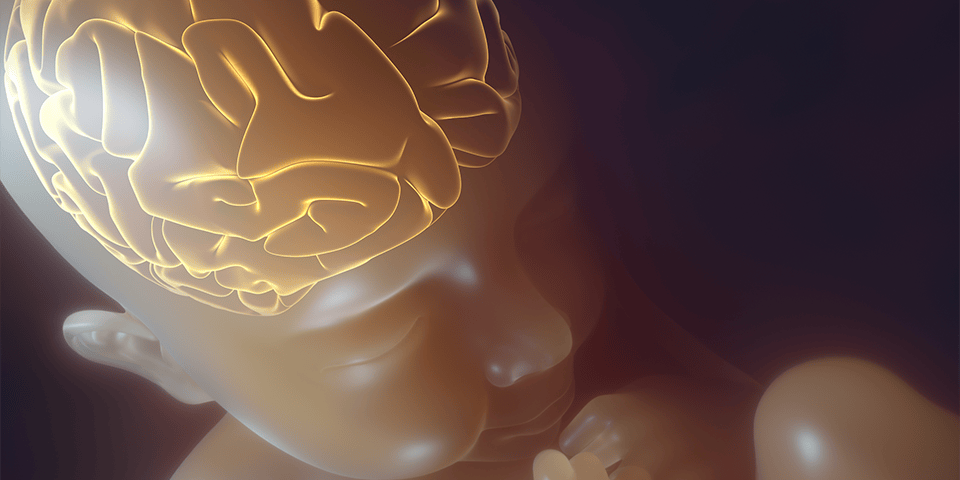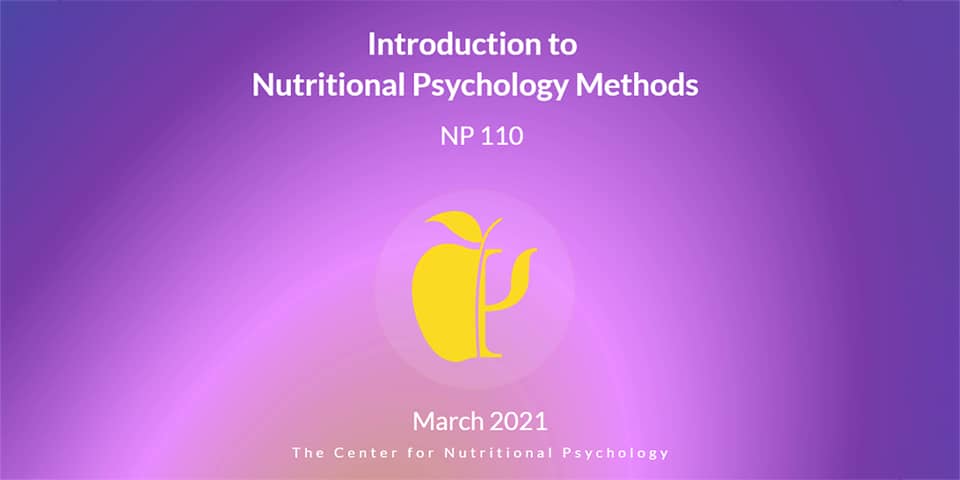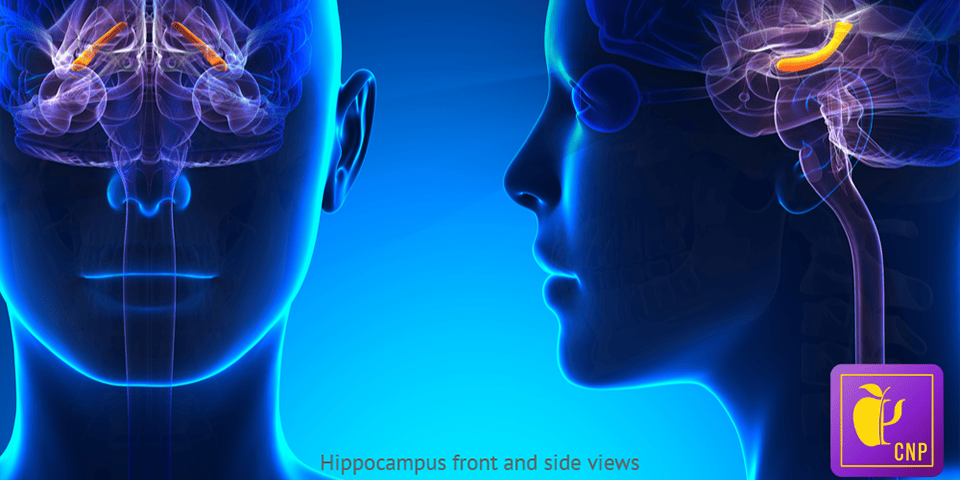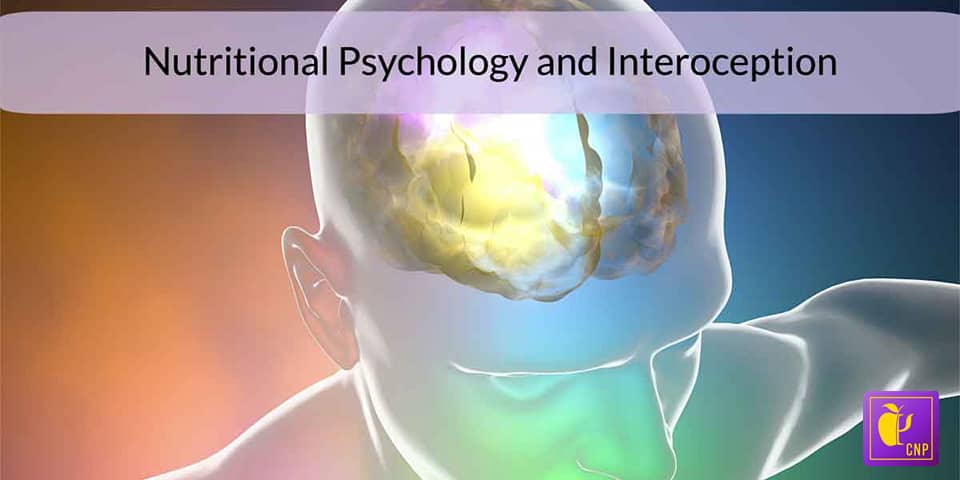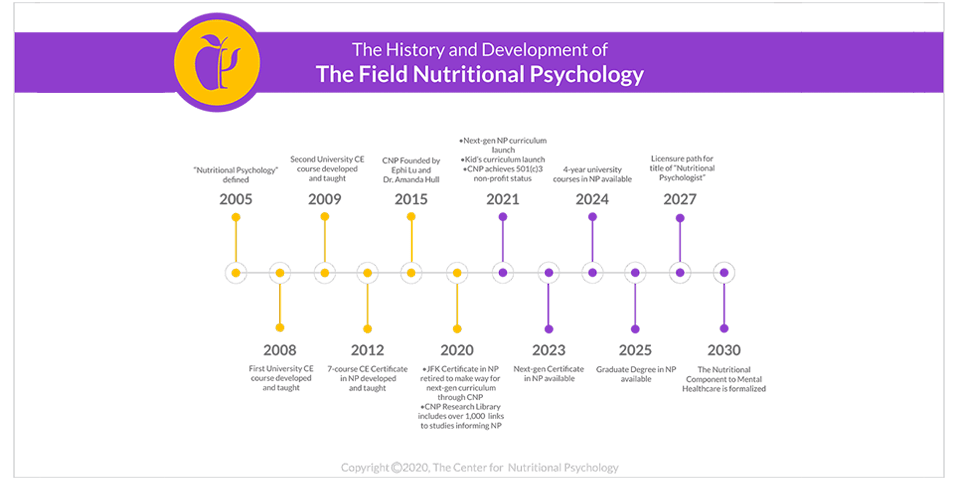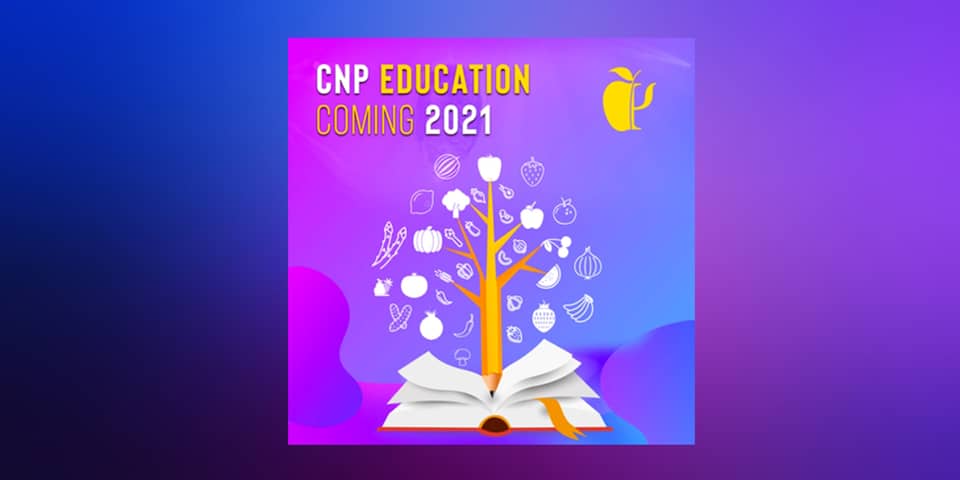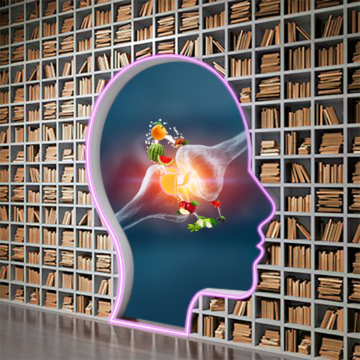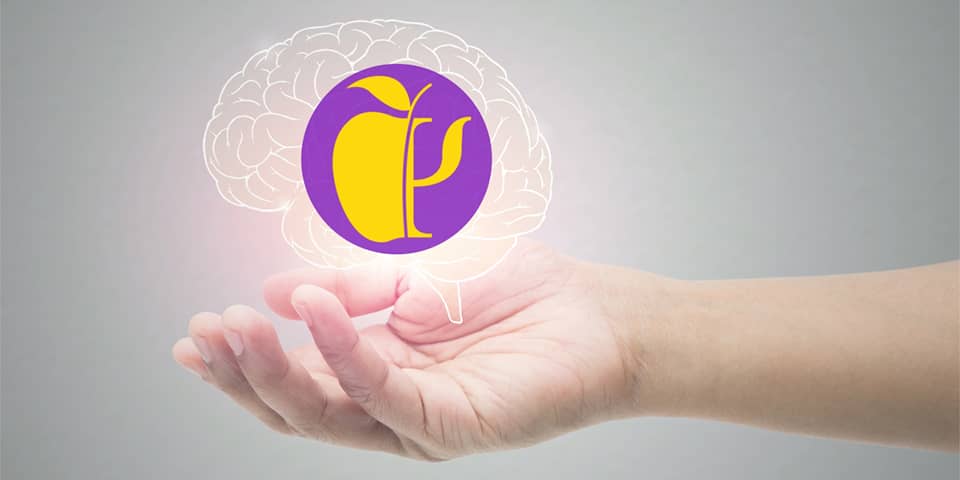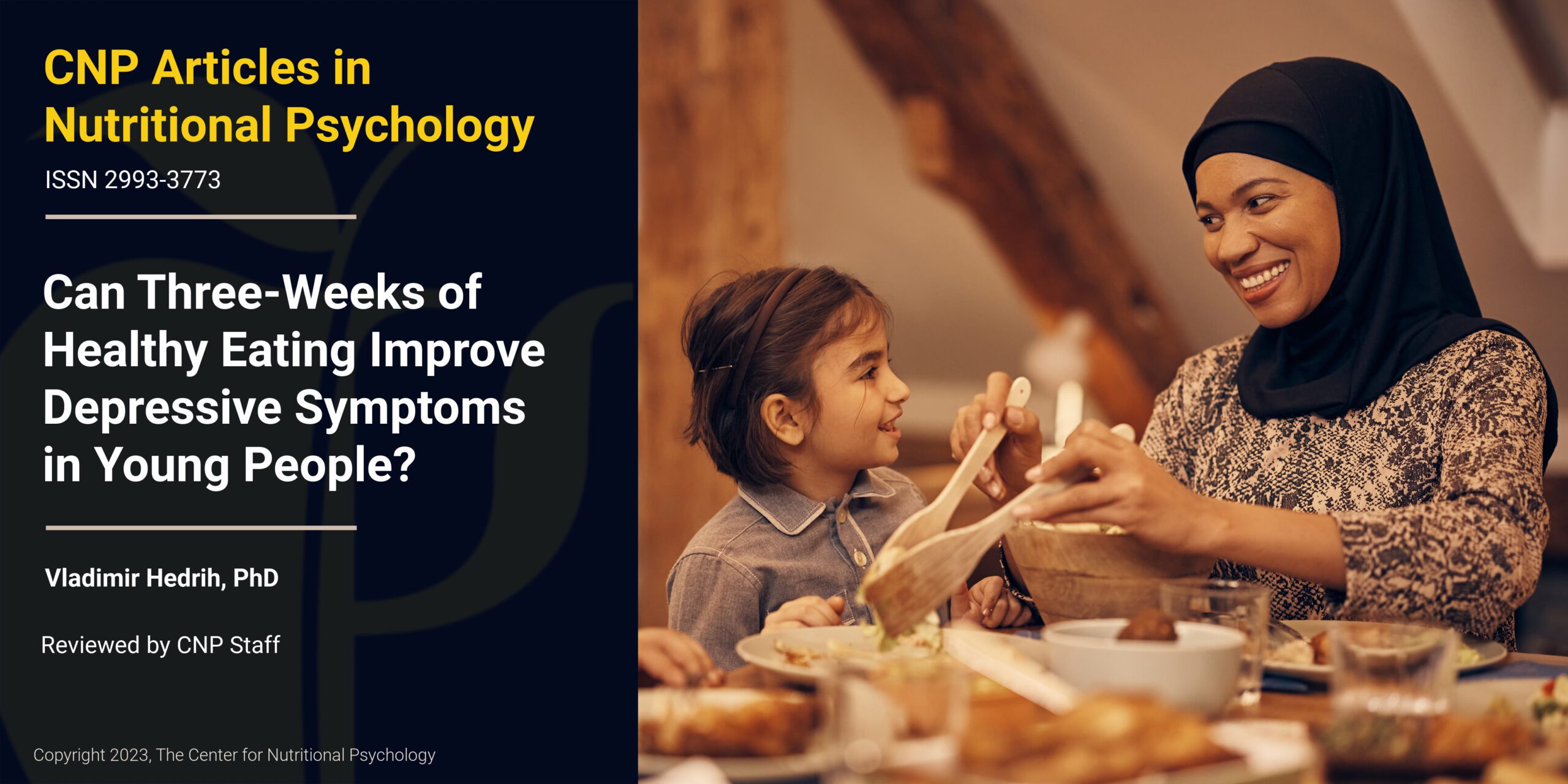The Center for
Nutritional Psychology
A Non-Profit 501(c)(3) Organization developing the discipline of Nutritional Psychology
Our vision
A nutritional component to mental healthcare by 2030
CNP’s vision for the future of mental healthcare is a one that includes the role of diet in supporting mental health. CNP is working to fill the void in our current mental healthcare model by consolidating research, developing curriculum, and creating a methodology through which we can view the diet mental health relationship.
Read More


THE CENTER FOR NUTRITIONAL PSYCHOLOGY AT A GLANCE
Developing the field of nutritional psychology since 2005.
CNP-WRITTEN SUMMARIES
RESEARCH STUDY LINKS
RESEARCH CATEGORIES
A NUTRITIONAL COMPONENT TO MENTAL HEALTHCARE
Mission
Poor diet is already understood to be a major contributor to disease and mortality, and is also now being examined in its role in mental health. Studies from around the globe demonstrate this diet-mental health relationship (DMHR) and while many individuals have some awareness of how the foods they eat affect the way they feel, some remain confused, and still others need proof that such a relationship exists.
CNP’s mission is to serve as an online resource providing awareness of the DMHR, advocating for the development of the field and its implementation into the mental health care system, and providing resources, education and tools for professionals and individuals.
Read MoreNUTRITIONAL PSYCHOLOGY CURRICULUM FOR MENTAL HEALTH AND NUTRITION PROFESSIONALS
Nutritional psychology curriculum in development provides professionals with psycho-nutritional tools to help their clients develop the cognitive, behavioral, and perceptual skills needed for understanding the effects their dietary intake patterns may be having on their mood, behavior and mental health. NP gives mental health professionals another important piece of the puzzle for supporting their clients’ mental health and well-being by helping them understand how and why they can use food as a tools to improve the way they feel.
Read MoreNews
CNP keeps you informed with the latest diet-mental health news.


More Evidence Links Ultra-Processed Foods to Health Harms
People who eat lots of ultra-processed foods are more likely to develop heart disease and to die sooner than those who stick with foods in their original form, two large studies conclude.
Read More

Fast Food Makes the Immune System More Aggressive in the Long Term
Unhealthy food seems to make the body's defenses more aggressive in the long term.
Read More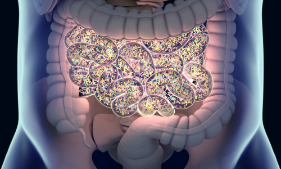

A Closer Look at the Importance of Gut Mechanisms in Depression
The variety of genes in gut bacteria is greater than 100 times the quantity of the human genome.
Read MoreJoin Our Community
Take steps to develop your understanding of the relationship between diet and mental health. Together, we can build a new model of mental healthcare to include this important piece of the puzzle.

